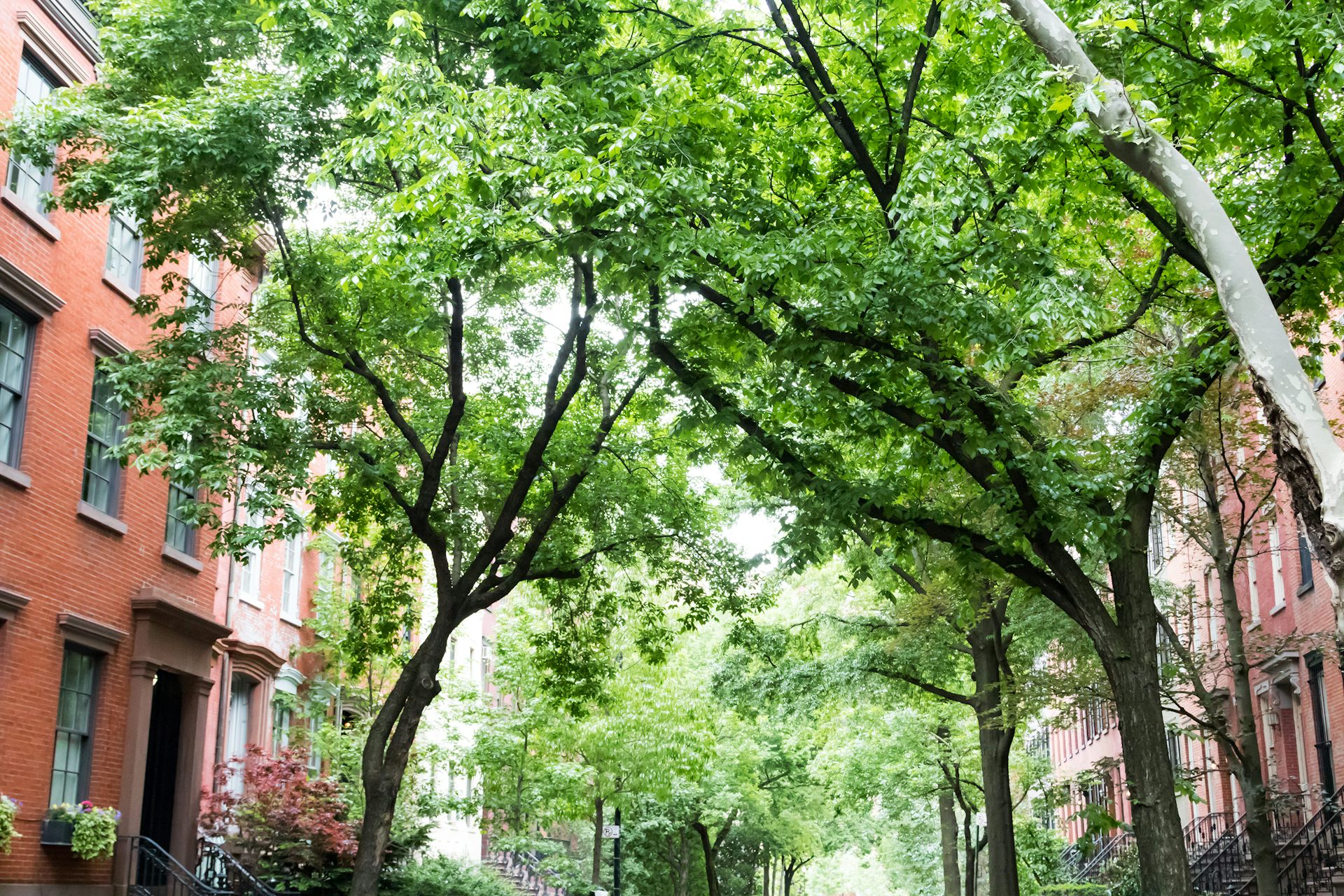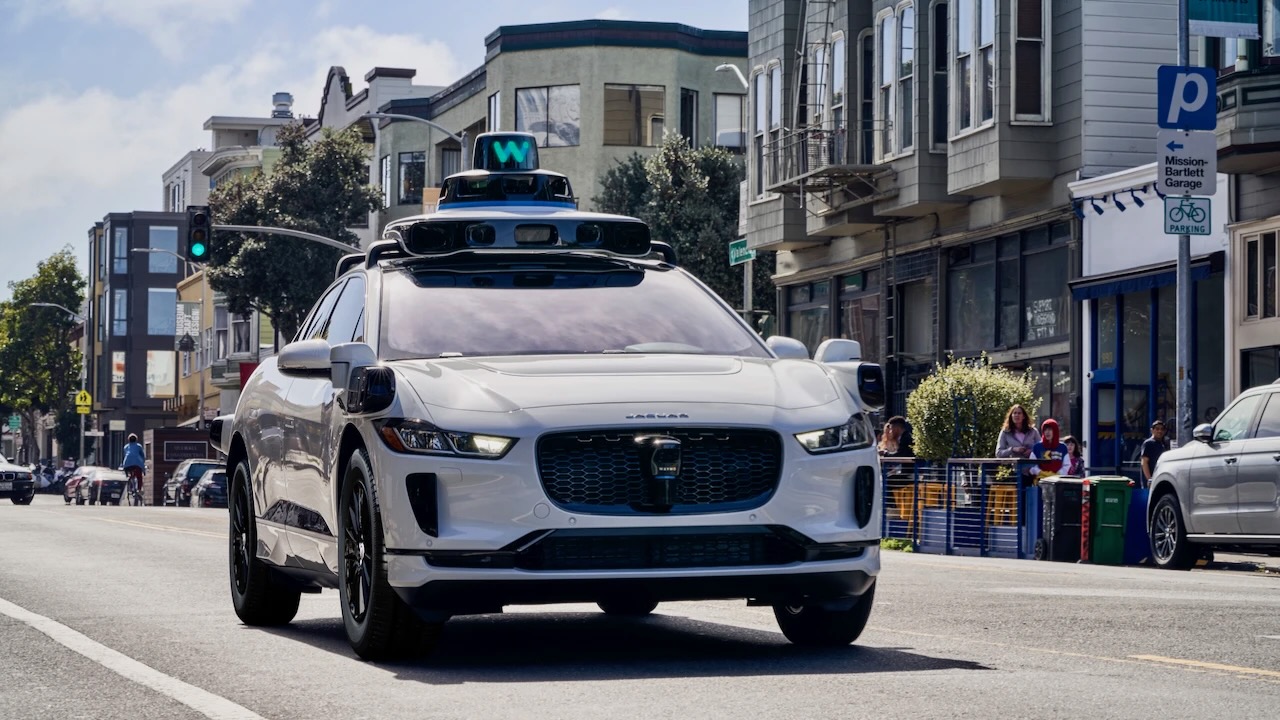
Have you heard of the 3+30+300 rule for urban forestry? See how Melbourne and Sydney compare to New York, Denver, Seattle, Buenos Aires, Amsterdam and Singapore on trees, canopy and park proximity.

Commerical self-driving cars are no longer a fantasy. Tens of thousands of paying customers are trusting them for rides on congested city streets.

A joint Spanish and American research team found that people living near green spaces are on average 2.5 years biologically younger than those who do not.

A shift to building cities out of wood could avoid more than 100 billion tons of CO2 emissions, according to a new study.

Los Angeles, Irvine and Petaluma have won $1 million each to become carbon neutral by 2030.

Saudi Arabia is building a revolutionary zero carbon city named "The Line". It will allow 1 million residents to live in a "zero cars, zero streets and zero carbon emissions" city but around nature.

The Swedish city of Gothenburg is developing the world’s first large-scale zero-emissions city zone. If the initiative works as proposed, Gothenburg Green City Zone will implement 100% emission-free transport modes by 2030.

How does a city choked with traffic and packed full of carbon-emitting processes and structures reach a goal of net-zero carbon? And exactly how different would the urban environment look if it were net-zero?

The City of Sydney in Australia is powering all its operations with 100 percent renewable electricity generated from wind and solar farms in the New South Wales (NSW) region.

Authorities all over the world are wondering whether the pre-COVID-19 traffic madness will return to their cities or if there's an alternative that can make them healthier, greener and a lot smarter than previously.

An Australian research team has found that revegetation of green spaces within cities can improve soil microbiota diversity towards a more natural, biodiverse state, which has been linked to human health benefits.

Bicycles are the ideal mode of transportation as cities emerge from quarantine. Returning to a car-dominated city after the pandemic lockdown is ‘out of the question’.

Coronavirus is forcing people to reevaluate natural outdoor spaces for the first time in decades. Ideally, this pandemic experience will lead planners in urban areas to redesign for more natural green spaces.

Luxembourg has become the first country in the world to make public transportation free. The European country made the move to reduce car traffic, as cars account for nearly half of travel for work, and 71% of travel for leisure.

Superblocks is a radical plan to reclaim the streets from the noise and pollution of traffic, one that could save hundreds of lives that might otherwise be lost because of heavily polluted air. It also hopes to act as a blueprint for other cities.